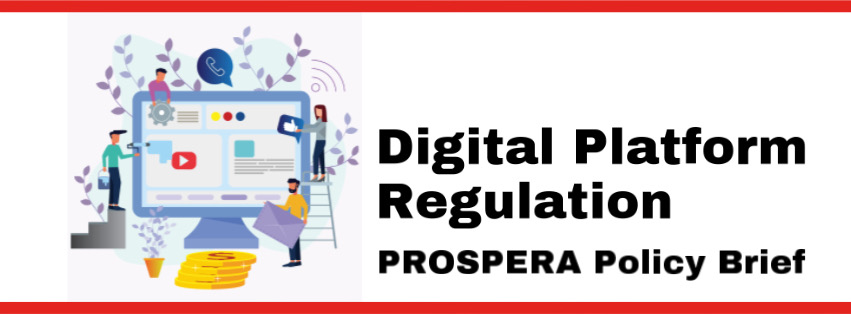Through Its New Regulation, ICC Facilitates The Government To Harmonize Policies With Fair Competition Principle.

Jakarta (12/04) – Indonesia Competition Commission (ICC) has introduced the application of Checklist of Competition Policies (“DPKPU”) as a tool for the Government to independently harmonize its policies with the principles of fair business competition. Through the use of the DPKPU, the Government can make changes to the provisions of the policies that have the potential to result in monopolistic practices and/or unfair business competition. The Government can also file an application for recommendations and considerations to the ICC on government policies regarding business competition by attaching the results of the DPKPU. Based on such application, the ICC will conduct an evaluation through Business Competition Policy Assessment (“AKPU”) and will provide the result of policy analysis, which among other things, contains an analysis of the impact of Government policies and recommendation of the ICC on the policies. Such various matters are explained in Regulation of ICC Number 4 of 2023 concerning the Granting of Recommendations and Considerations on Government Policies regarding Monopolistic Practices and/or Unfair Business Competition (“ICC Regulation 4/2023”) as promulgated and recorded in Official Gazette of the Republic of Indonesia Number 295 on March 31, 2023.
Law Number 5 of 1999 on Prohibition of Monopolistic Practices and Unfair Business Competition, especially Article 35 sub-article e assigns the ICC to give recommendations and considerations on Government policies concerning monopolistic practices and/or unfair business competition. With such mandate, ICC supervises various Government policies both at central and regional levels. To that end, ICC issued ICC Regulation 4/2023 in the context of internalizing business competition values into government policies and preventing violations of the law through government policies more effectively.
The aforementioned regulation elucidates that the ICC can provide recommendations and considerations based on the requests made by Government Agencies, requests from public institutions other than Government Agencies and on the initiative of the Commission, originating from Commission decisions, Commission stipulations, or resolutions of Commission meetings. As for, a request for recommendations and considerations from the ICC can be filed either through written letters or the application. In providing recommendations and considerations, the ICC will assess the policies based on the AKPU, conducted using the DPKPU. If Government policies are allegedly touching each other with monopolistic practices and unfair business competition, the ICC will delve deeply into them through policy analysis using research methods to assess the impacts of the policies. Such policy analysis is conducted within a 60 (sixty)-day period and can be extended if necessary.
The results of the policy analyses are set forth in an ICC Recommendation, which are in the form of (1) a recommendatios for the government to pay attention to the potential impacts or impacts brought about by the Government policies, (2) a recommendation for changing the policies, or even (3) a recommendation for revoking the policies that have the potential to bring about monopolistic practices and and/or unfair business competition.
After doing an analysis and conveying Recommendations and Considerations, monitoring will be conducted within 60 (sixty) days as from the acceptance of the recommendations and considerations by the Government Agencies or public institutions other than Government Agencies. This ICC Regulation 4/2023 also elucidates that if they do not implement the results of the recommendations and considerations of the ICC, the ICC can publish the recommendations and considerations by holding a hearing, and/or making a report to the superiors of the Government Agencies or public institutions other than the Government Agencies.







